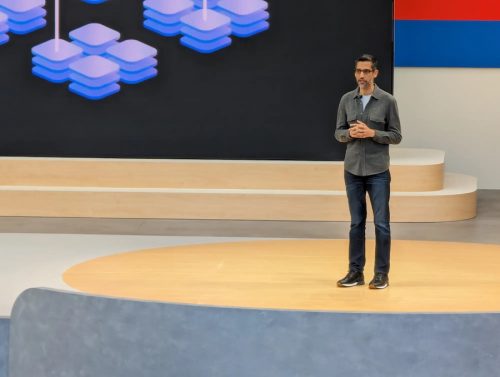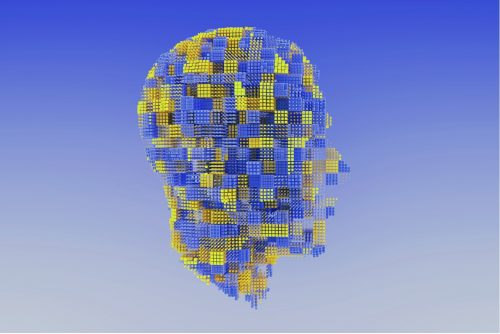According to AI Trends, AI World – one of the most important partners of the Michael Dukakis Institute, a meeting between representatives from Alphabet, IBM, JPMorgan Chase and other academic experts – was held by the White House Office of Science and Technology Policy to discuss about the future of the quantum computing.

Quantum can deliver results faster than any systems. “While a traditional computer has to sequentially explore the potential solutions to a mathematical problem, a quantum system is able to look at every potential solution simultaneously and generate answers—not just the single best but nearly ten thousand close alternatives as well—in less than a second,” explained Arthur Herman in Forbes.
Recently, Ford Motor Company “signed a $100,000 contract with NASA’s Quantum Artificial Intelligence Laboratory to have quantum computer installed in its autonomous car research,” said IEEE Spectrum’s Mark Harris. There is a great potential for this development, including diesel optimization for commercial truck fleets. It can come up with the shortest route through many cities.
Not only Ford, there are also other companies that are seizing quantum’s opportunity. Volkswagen is now using quantum computing to enhance software’s learning technique to facilitate environment learning. This application can be of great use to automated parking. It can also utilize the performance of other fields such as searching, cryptography, and machine learning.
“We expect quantum computing to develop toward maturity over three generations spanning the next 25 years,” they predict, “Companies could be using early-generation machines to address practical business and R&D needs much sooner.” This is also what the third layer (Standards for the Management of AI Resources and Development) of AIWS 7-Layer Model focuses on.










